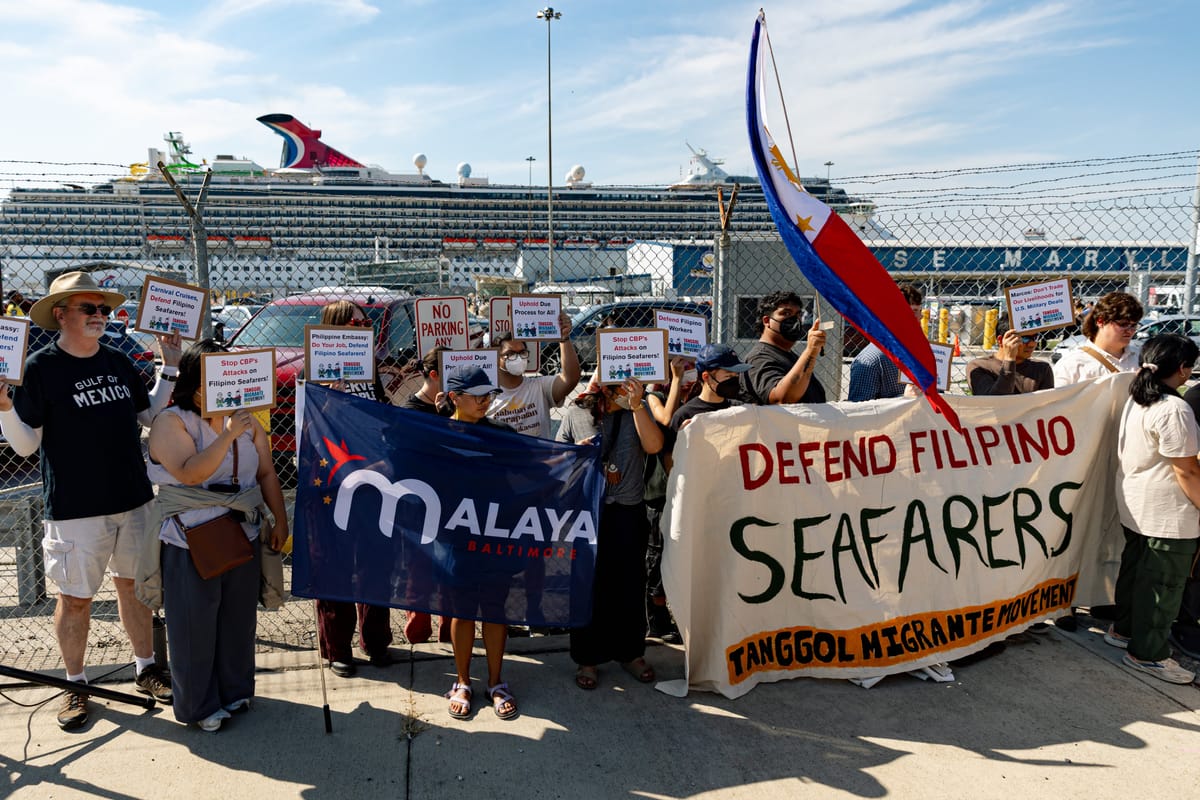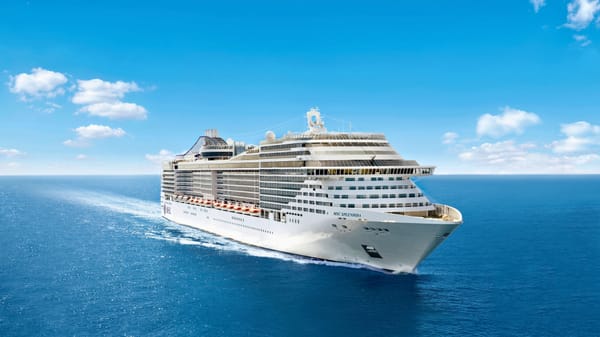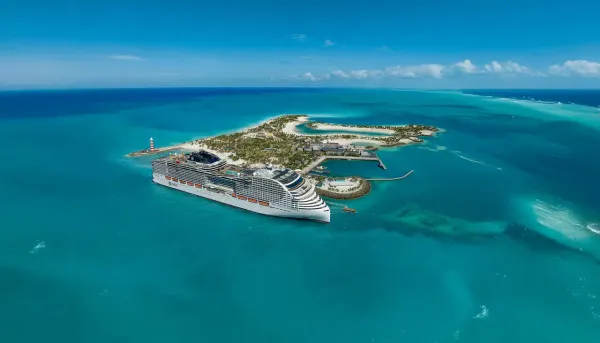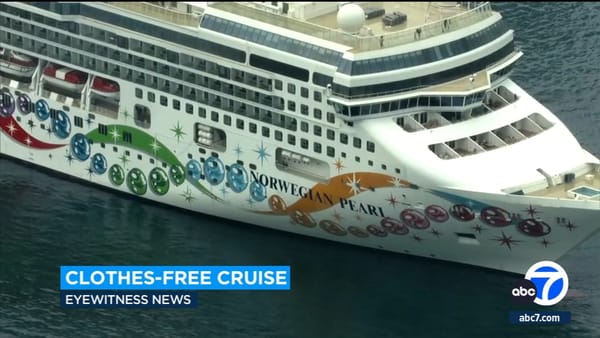Over 100 Cruise Crew Deported from U.S. Ports Amid Immigration Crackdown
The wave of cruise ship crew deportations from U.S. ports highlights escalating immigration scrutiny and raises urgent questions about due process, labor rights, and industry dependence on foreign staff.

U.S. Customs and Border Protection (CBP) has ramped up enforcement actions against international crewmembers aboard cruise ships, citing alleged immigration violations and accusations of viewing or possessing child sexual abuse material. Since spring 2023, advocacy groups report the deportation of more than 100 crew members, many of whom hold valid C1/D crew visas, hailing largely from the Philippines. These operations have sparked significant controversy, with critics alleging violations of due process, lack of evidence disclosure, and human rights concerns.
CBP Enforcement Operations Gain Attention
The deportations became a focal point of international and industry concern after CBP officers boarded the Carnival Sunshine while it docked in Norfolk, Virginia, on August 17, 2023. The agency detained four Filipino crewmembers, citing accusations tied to an alleged online chat group associated with child pornography. The individuals were held under guard overnight and deported the following day. These removals, the Pilipino Workers Center (PWC) states, are emblematic of a broader campaign targeting crew members across multiple U.S. ports.
According to CBP, the detained individuals were found inadmissible and denied entry into the United States. The agency described the actions as part of routine immigration enforcement related to cruise vessel operations. However, CBP declined to disclose further details, citing the ongoing nature of the operation.
Widespread Reports of Targeted Deportations
Advocacy groups, including PWC and the National Federation of Filipino American Associations (NaFFAA), assert that between June and August, more than 100 crewmembers have been removed from their posts across a variety of cruise ships and ports, often without transparency or sufficient legal protections. Among these instances, they reported:
- On the Carnival Sunshine, 28 crewmembers were deported, including the aforementioned Norfolk detainees.
- As many as 80 Filipino staff members were reportedly removed from the Carnival Mardi Gras and Carnival Vista ships in April and May.
- Crewmates from several Great Lakes and oceanic cruise vessels, including Victory I, Victory II, Viking Octantis, and Viking Polaris, were similarly targeted with deportation orders. Pearl Seas Cruises also reported an unspecified number of removals.
In these cases, detainees claimed that CBP agents boarded vessels with pre-determined lists of targets, confiscated personal electronics, and conducted brief interrogations without presenting evidence or enabling detainees to retain legal representation. In addition to immediate deportations, several repatriated workers face a 10-year bar on reentry to the United States, a career-ending penalty for many international crewmembers.
Advocacy and Industry Concerns
Advocates have raised alarms over the lack of due process afforded to these individuals. “There’s no evidence, no charges being filed, and no convictions,” said Aquilina Soriano Versoza, Executive Director of the Pilipino Workers Center. Allegations from detained workers include being pressured to sign visa revocations and admissions of guilt, often accompanied by threats of fines or imprisonment if they did not comply. These practices have brought international criticism over potential violations of human rights and basic legal protections.
The removals have also triggered widespread fear and uncertainty among international seafarers, many of whom rely on U.S.-based cruise itineraries for their livelihoods. Some deported individuals report being blacklisted by hiring agencies upon returning to their home countries. The financial burden is compounded by docking wages to cover the cost of repatriation flights, adding to the struggles of workers who have already faced abrupt job losses.
Economic and Operational Impacts
For the cruise industry, these targeted deportations pose logistical challenges. Disruptions caused by sudden crew shortages can impact scheduling, staffing continuity, and operational efficiency, particularly for itineraries with frequent U.S. port calls. Industry insiders note that the situation has created uncertainty in a labor market that heavily relies on international workers, especially from the Philippines, one of the primary providers of cruise staff worldwide.
Despite the growing backlash, major cruise lines, including Carnival Cruise Line, remain mostly silent on the issue. According to advocacy groups, requests for comment or clarification from the corporate offices have been met with little to no response. Likewise, CLIA (Cruise Lines International Association) and port authorities have not issued public guidance on the ongoing CBP actions. Meanwhile, CBP maintains its stance that it is enforcing federal immigration law, offering limited remarks about its investigative approach or the evidence tied to these allegations.
Advocacy for Legal Protections and Oversight
Stakeholders are now calling on U.S. officials to implement greater transparency, independent oversight, and legal safeguards for detained seafarers. Advocacy groups emphasize that summary deportations based on unverified accusations not only undermine individual rights but also destabilize an industry reliant on its international workforce. Lawmakers, including Rep. Bobby Scott of Virginia, have called for investigations to ensure adherence to constitutional principles of due process, regardless of immigration status.
Frequently Asked Questions (FAQs)
Why were crew removed from the Carnival Sunshine in Norfolk?
CBP detained four Filipino crewmembers aboard the Carnival Sunshine on August 17 upon its return to Norfolk, Virginia. According to advocacy groups, the workers were linked to an online chat group allegedly tied to child pornography, a claim the individuals firmly deny.
What has CBP officially stated about these operations?
CBP has stated that the individuals removed from cruise ships were found inadmissible and denied entry into the U.S., citing immigration enforcement reasons. The agency has declined to provide detailed information, citing an ongoing investigation.
How widespread are these deportations, and who has been affected?
Since June 2023, advocacy groups estimate over 100 crewmembers from various ships, including the Carnival Sunshine, Carnival Mardi Gras, and Victory I, have been deported. Most of those affected have been Filipino workers on C1/D crew visas.
What are the consequences for deported crewmembers?
Deportations generally come with a 10-year reentry bar, which disqualifies affected individuals from working on U.S.-based cruise ships and significantly impacts their livelihoods. Many deported workers also report being blacklisted by hiring agencies upon returning to their home countries.
What legal concerns have been raised regarding these actions?
Advocacy organizations contend that workers are not being shown evidence of wrongdoing or allowed access to legal representation. Furthermore, detainees claim they are pressured into signing legal documents without a fair hearing, raising serious due process concerns.




